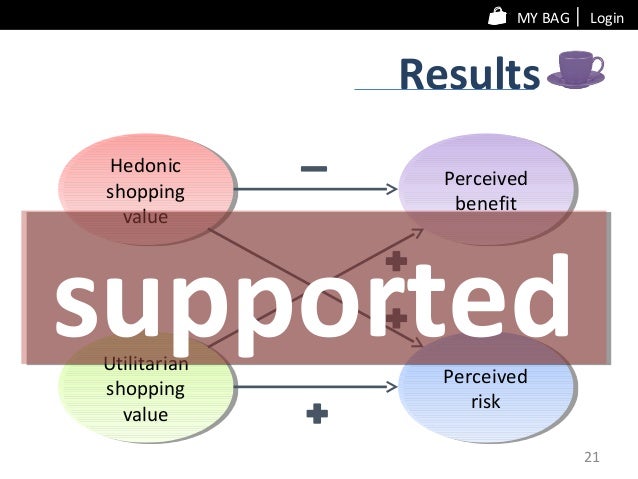
Because accuracy is often measured as the discrepancy between a forecaster's present prediction and the eventual outcome, researchers also study how time affects affective forecasting. Errors may arise due to extrinsic factors, such as framing effects, or intrinsic ones, such as cognitive biases or expectation effects. These biases disable people from accurately predicting their future emotions. When errors occur throughout the forecasting process, people are vulnerable to biases. The future phase includes the initial emotional response to the onset of the event, as well as subsequent emotional outcomes, for example, the fading of the initial feeling.

In the present phase of affective forecasting, forecasters bring to mind a mental representation of the future event and predict how they will respond emotionally to it. Gilbert and Wilson, for example, categorize errors based on which component they affect and when they enter the forecasting process. Breaking down the present and future stages allow researchers to measure accuracy, as well as tease out how errors occur. That is, they analyze forecasting as a two-step process, encompassing a current prediction as well as a future event. While affective forecasts take place in the present moment, researchers also investigate its future outcomes. Gilbert and Wilson posit that this is a result of the psychological immune system. Other research suggests that accuracy in affective forecasting is greater for positive affect than negative affect, suggesting an overall tendency to overreact to perceived negative events. For example, one study found that while many women who imagine encountering gender harassment predict feelings of anger, in reality, a much higher proportion report feelings of fear. However, some studies indicate that predicting specific emotions in response to more complex social events leads to greater inaccuracy. On average, people are fairly accurate about predicting which emotions they will feel in response to future events. The psychological immune system is a metaphor "for that system of defenses that helps you feel better when bad things happen", according to Gilbert. Immune neglect is a form of impact bias in response to negative events, in which people fail to predict how much their recovery will be hastened by their psychological immune system. While errors may occur in all four components, research overwhelmingly indicates that the two areas most prone to bias, usually in the form of overestimation, are duration and intensity. positive or negative), the specific emotions experienced, their duration, and their intensity. This discrepancy also concerns healthcare analysts, in that many important health decisions depend upon patients' perceptions of their future quality of life.Īffective forecasting can be divided into four components: predictions about valence (i.e. Behavioral economists have incorporated discrepancies between forecasts and actual emotional outcomes into their models of different types of utility and welfare. For example, one's tendency to underestimate one's ability to adapt to life-changing events has led to legal theorists questioning the assumptions behind tort damage compensation.
Its effect on decision-making and well-being is of particular concern to policy-makers and analysts in these fields, although it also has applications in ethics. While affective forecasting has traditionally drawn the most attention from economists and psychologists, their findings have in turn generated interest from a variety of other fields, including happiness research, law, and health care. Some of the cognitive biases related to systematic errors in affective forecasts are focalism, hot-cold empathy gap, and impact bias. For example, in predicting how events like winning the lottery might affect their happiness, people are likely to overestimate future positive feelings, ignoring the numerous other factors that might contribute to their emotional state outside of the single lottery event. Early research tended to focus solely on measuring emotional forecasts, while subsequent studies began to examine the accuracy of forecasts, revealing that people are surprisingly poor judges of their future emotional states. The term "affective forecasting" was later coined by psychologists Timothy Wilson and Daniel Gilbert. Kahneman and Snell began research on hedonic forecasts in the early 1990s, examining its impact on decision making. As a process that influences preferences, decisions, and behavior, affective forecasting is studied by both psychologists and economists, with broad applications. Predicting someone's future emotions (affect)Īffective forecasting (also known as hedonic forecasting, or the hedonic forecasting mechanism) is the prediction of one's affect ( emotional state) in the future.


 0 kommentar(er)
0 kommentar(er)
